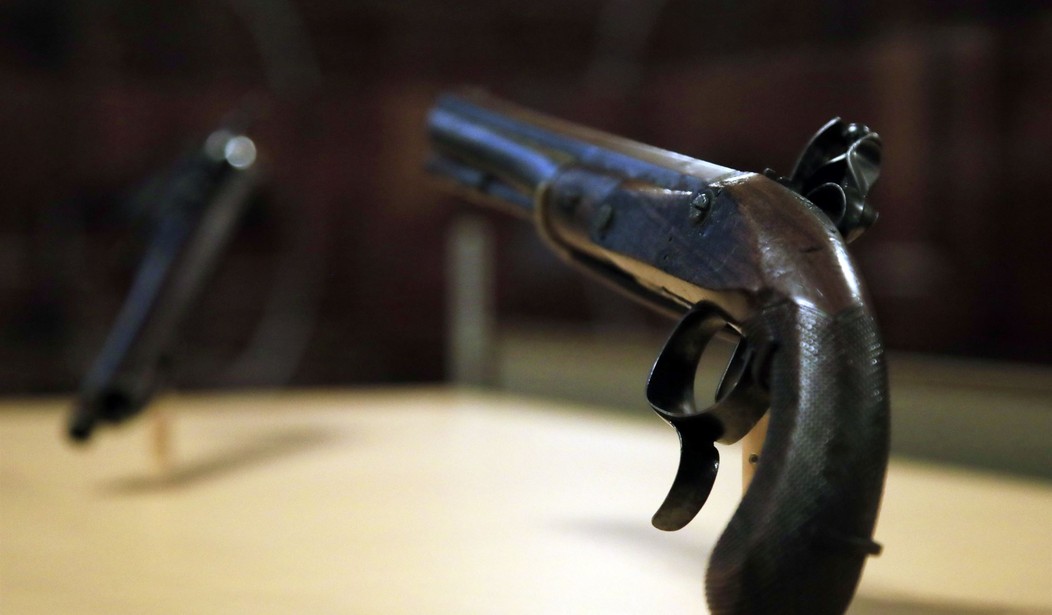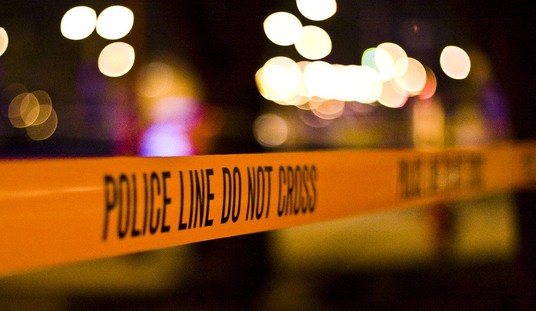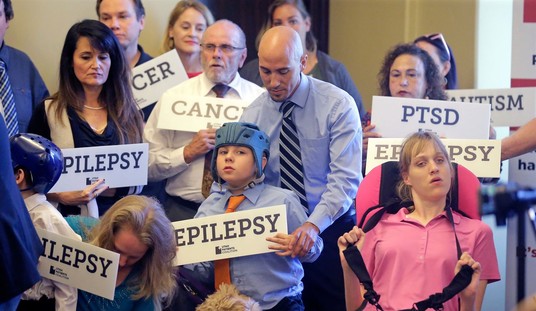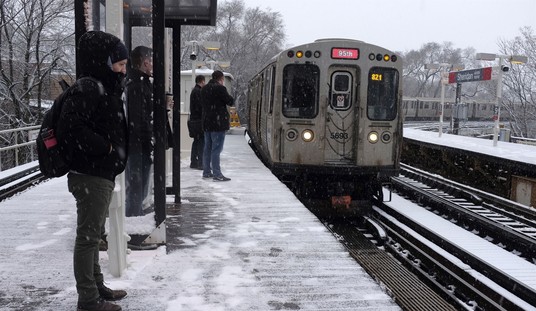The Deep South is, for the most part, a safe haven for the Second Amendment. It’s not unique to here, mind you, but it’s definitely a big part of the culture down here and has been for ages.
And yet, for many, that’s indicative of…something. In particular, guns are about racism, and gun owners are, in essence, racist.
Yeah, it doesn’t make a lot of sense to me, either, but an op-ed in the LA Times is the latest to try and make that connection.
There are a lot of guns in America — this nation has collectively more civilian-owned guns than we have citizens. Unlike the rest of the developed world, firearms ownership in America is broadly held, with an estimated 40% of American households owning at least one gun; and unlike the rest of the world, gun-owning Americans tend to think of their weapons not as something dangerous, but as something that keeps them and their families safe.
Two-thirds of American gun owners say that they own their gun at least in part for protection — this despite data showing having a gun in the house doubles the likelihood that someone in the household will die by homicide, triples the likelihood that someone in the household will die by suicide, and provides little or no defense against assault or property loss.
Where does this unique set of beliefs about the protective power of a gun come from?
I don’t know. Facts, maybe?
Let’s remember that the data he links to has serious problems. For example, the study saying having a gun in the house doubles your chance of dying by homicide has been widely and repeatedly debunked. The other link uses information from teh National Crime Victimization Survey, which also has problems that have been widely discussed.
But don’t worry. The author knows where our beliefs really come from.
Americans have not always felt this way: Historians suggest that for a large portion of this country’s existence, firearms were more often thought of as tools for hunting and pest control, with a purpose that was not primarily to keep a household safe. Guns, when advertised, were often displayed in the same pages as household goods such as farm implements, with similar language promoting both.
It is only relatively recently that Americans came to widely believe that guns keep a person safe and secure. My research with Jessica Mazen suggests that the crystallization and propagation of these beliefs happened largely in the former slave states in the aftermath of the Civil War.
There we go. The whole “racist” thing, right?
Well, not necessarily. I might be a bit worked up over this one.
Now, the author does go into the fact that those former states of the Confederacy were pretty lawless during Reconstruction and there was a widely held perception that the government in place had no interest in protecting former Rebel soldiers, thus precipitating people feeling the need to protect themselves.
However, even there, he’s missing a key aspect of gun ownership that predated the Civil War.
In particular, that guns had long been a part of self-defense measures, even if they weren’t necessarily marketed as such.
From the time of Jamestown and St. Augustine, the North American continent was a pretty rough place. Wild animals were an issue, but so were the Native American tribes that called this land home for eons prior. While many were friendly with the settlers and were willing to trade, others saw the Europeans as invaders.
This became even clearer after the settlements grew.
Indian attacks were a thing.
In fact, the earliest school shooting on American soil, if not in the world, took place in 1764, more than a century before Reconstruction. Four Lenape warriors slaughtered 11 people and wounded one other in the Enoch Brown school massacre, part of Pontiac’s Rebellion.
Such attacks were at least semi-common, particularly for those who lived outside of the protection of the town. Those who lived and farmed in these areas knew that their guns were key to their survival, not just for getting game during lean years, but also to fight back from these attacks.
The Founding Fathers were well aware of such attacks when they penned the Second Amendment.
“But advertisements…”
Honestly, I don’t want to hear a thing about advertisements. Advertisements are about what they think will sell a product but don’t represent the totality of how people view the product.
Even looking at the Founding Fathers’ words, it’s difficult to imagine that no one viewed guns as mere hunting tools rather than an item essential to self-defense and the defense of this nation.
Plus, if guns were for hunting, then why do we have flintlock pistols for private sale? Surely no one was using a pistol to hunt bears back in the day.
In fact, look at the wording of the Second Amendment itself for a moment. It begins with the controversial clause, “A well-regulated militia being necessary to the security of a free state” before anything else. There’s no “hunting being important for putting food on the table” or anything of the sort. The militia clause clearly articulates that this is about defending our nation and, by extension, ourselves.
No amount of pretending otherwise is going to change it.







